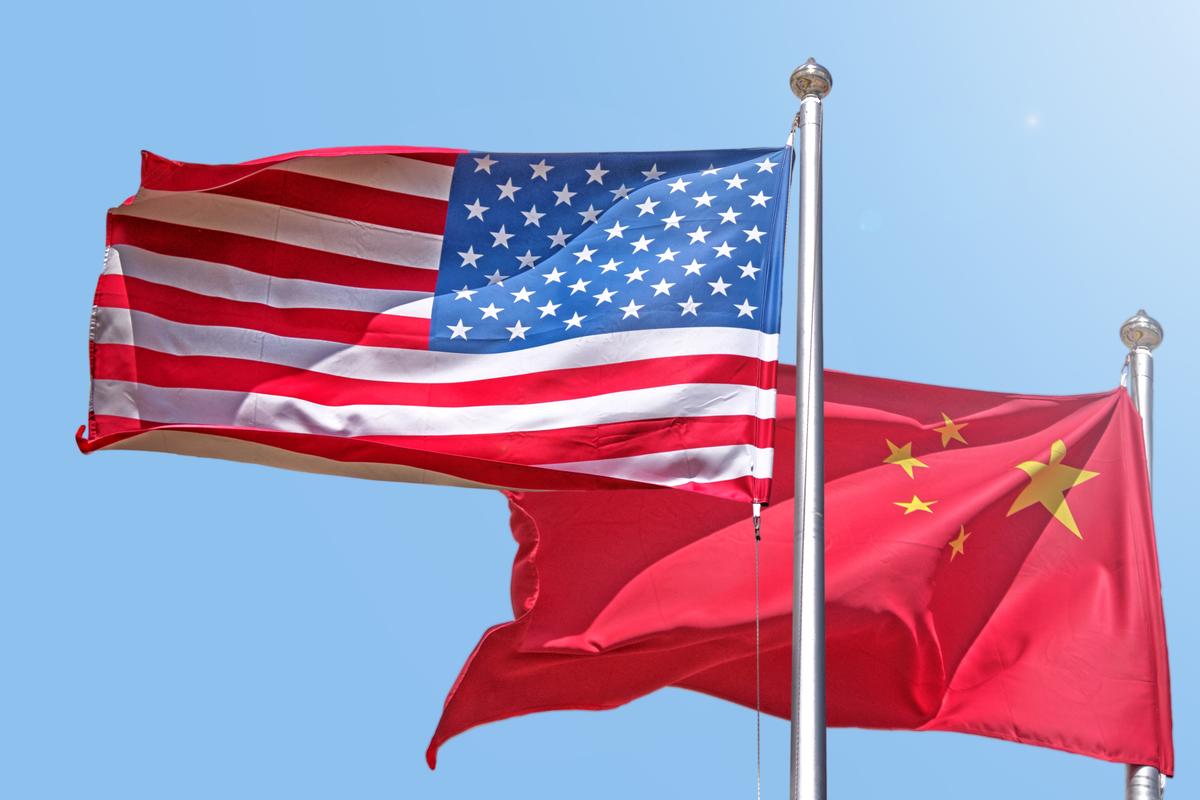Five Facts to Know: Select Committee on China
Presumptive House Speaker Kevin McCarthy (R-CA) announced on December 8 he will create a Select Committee on China in the next Congress, accusing the Biden administration of being too lenient with Beijing. While we won’t know specifics of the committee’s jurisdiction until after January 3 next year, the committee is likely to focus on international issues such as Taiwan, human rights, and supply chains, as well as domestic issues, including Chinese purchases of agricultural land, Chinese police stations in the US, and intellectual property rights. The committee’s leadership and jurisdiction could have significant implications for businesses operating in China. Here are five facts to know about the Select Committee on China:
1. The Select Committee on China has been a multi-year work-in-progress for McCarthy.
The House Republican leader has long prioritized the creation of a congressional committee to investigate China, including a China task force in mid-2020 to investigate concerns over the origins of Covid-19. That task force was Republican-led, after failing to create a bipartisan China committee with Speaker Nancy Pelosi (D-CA), and focused on Chinese influence in US universities, think tanks, and media, economic coercion, and technological competition. That task force also serves largely as the foundation for the Select Committee on China, but committee leadership has made clear it is to be a bipartisan effort – a feasible goal within a Congress that has become increasingly hawkish on China.
“Under a Republican majority, I will establish a China Select Committee to expose and fight against the Chinese Communist Party's cyber, trade, and military threats against America.”
– Kevin McCarthy, House Republican Leader
2. Marine veteran and vocal China critic Mike Gallagher will be in charge.
Gallagher (R-WI) is a member of the House Intelligence and Armed Services committees and was deployed to Iraq twice as a commander of intelligence teams. His military background will play into the committee’s focus on Taiwan and Chinese military threats, along with human rights and cyber issues. Taiwan remains the significant red line in US-China relations, and McCarthy has promised to head a congressional delegation to Taiwan as Speaker, a move that will certainly frustrate and anger Beijing and could lead to the cessation of bilateral dialogues on climate and economic development that only recently resumed following Speaker Pelosi’s visit. Taiwan is also a highly bipartisan issue and managing US policy towards the island will be a priority for both Democrats and Republicans. In October, Gallagher said the committee will provide a key opportunity to work across the aisle to get work done on China.
“A select committee on China could go a long way towards coordinating policy across the many committee jurisdictions and thereby create a more coherent approach to our China policy.”
– Mike Gallagher, chair of the Select Committee on China
3. The Select Committee will not have legislative authority.
It will be populated with members from various other committees that have jurisdiction over China issues – appropriations, trade, foreign affairs, finance, national security, and intelligence – who will not give up their legislative power. Representative Jim Jordan (R-OH), slated to chair the Judiciary Committee in the next congress, for example, will own jurisdiction over Covid-19 investigations. It will be a challenge for the Select Committee to manage jurisdiction with these other committees.
4. But it will have subpoena power.
Because the Select Committee won’t have legislative jurisdiction, it’s likely to focus on high-profile investigations such as Chinese technological influence and data security, hold public hearings on US business operations in China and their ESG policies, and produce reports on its findings. The committee will focus on concerns that companies have acted one way in the US and another in China, and while a broad range of sectors will be covered by the committee’s work, the entertainment industry in particular will be under the spotlight. In an op-ed on December 8, McCarthy and Gallagher pledged to kickstart their work with an investigation into US supply chain dependence on China before moving on to providing additional military aid to Taiwan and examining the Chinese Communist Party’s lobbying and influence in the US. The committee will likely wield its subpoena power to scrutinize businesses with any ties to China – CEOs should be prepared to justify their presence in China to the committee.
5. Corporations will have an opportunity to engage the committee.
While Gallagher has serious concerns about China, he does not want the US-China relationship to deteriorate further and will listen to businesses about their priorities. His chairmanship will give business executives the opportunity to understand the committee’s agenda and share their own experiences in China. Corporations also have some time to prepare – the committee can’t be populated until January 3 but will likely launch in February 2023. While China is a priority for McCarthy, top issues for Republicans – abortion, defense spending, parental rights, fentanyl, border security and energy security – will take precedence.



